SESSIONS
- Regulatory Cycles
- Cell Cycle, Growth and Cancer
- Circadian Rhythms

The European Molecular Biology Laboratory (EMBL) is a leading institute for research in molecular life sciences. The International EMBL PhD Symposium aims to provide young researchers from different international institutes with an opportunity to interact with leading scientists in an informal and relaxed environment.
INVITED SPEAKERS
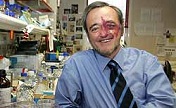
Mariano Barbacid
Dr. Barbacid is the Director of the Centro Nacional de Investigaciones Oncológicas in Madrid. Amongst other key discoveries, his work led to the isolation of the first human oncogene, H-Ras. >>>
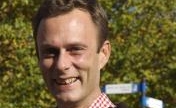
Cedric Blanpain
Dr. Blanpain is a group leader at the Interdisciplinary Research in Human and Molecular Biology of the Université Libre de Bruxelles. His research focuses on stem cells in cancer, development and tissue homeostasis. >>>
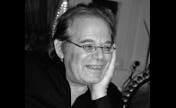
Howard Cooper
Dr. Cooper is a Director of Research at the Stem-cell and Brain Research Institute in Lyon. His research focuses on the neurobiology of circadian rhythms and sleep. >>>
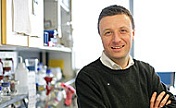
Patrick Cramer
Dr. Cramer is a Professor of Biochemistry and Director of the Gene Center at the University of Munich, where his research group investigate gene regulation and RNA polymerases using a combination of structural biology and functional genomics. >>>
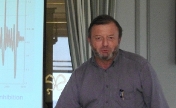
Dr. Albert Goldbeter
Dr. Goldbeter is an expert and pioneer in modeling the molecular regulatory mechanisms of biological rhythms. His research group at the Université Libre de Bruxelles focuses on modeling such dynamic biological systems. >>>
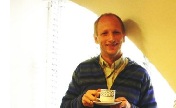
Hanspeter Herzel
Dr. Herzel is a Professor of Theoretical Biology at the Institute for Theoretical Biology of the Humboldt-Universität in Berlin, where his research groups focuses on modeling various aspects of circadian clocks and systems biology questions. >>>
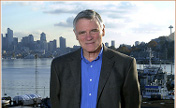
Leroy Hood
Amongst many other titles, Dr. Hood is the President of the Institute for Systems Biology (Seattle) where his research group focuses on gene families, gene regulatory networks, and the development and function of the immune system. >>>
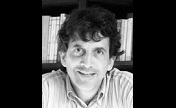
Andrea Musacchio
Dr. Musacchio specialises in the study of the molecular basis of chromosome segregation. He has recently been appointed as Director of the Max Planck Institute of Molecular Physiology in Dortmund. >>>
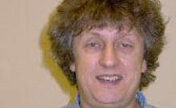
Béla Novák
Dr. Novák is an expert in the dynamics of molecular regulatory networks. His research group at the University of Oxford uses mathematical models to bridge the gap between cell physiology and regulatory networks. >>>
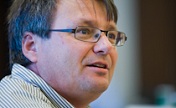
Matthias Peter
Dr. Peter is Chair of the Institute of Biochemistry at the Swiss Federal Institute of Technology Zurich, where his research group works on regulation of cell growth and division by selective degradation mechanisms. >>>
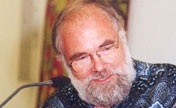
Dr. Wulf Schiefenhövel
Dr. Schiefenhövel is a Professor and Leader of the Human Ethology Group at the Max-Planck-Institute for Ornithology in Andechs, where he works in the fields of ethnomedicine, anthropology and human ethology. >>>
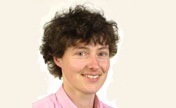
Petra Schwille
Dr. Schwille is a Professor and Group Leader at the Biotechnologisches Zentrum der TU Dresden, where her team studies the biophysics of cells and membranes, with a particular focus on membrane proteins. >>>
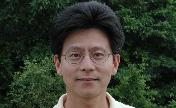
Chao Tang
Dr. Tang holds different leading positions at the University of California in San Francisco as well as the Center for Theoretical Biology, Peking University. His research focuses on quantitative studies of biological systems. His team uses an interdisciplinary approach to tackle complex disease and design new therapeutic strategies. >>>






